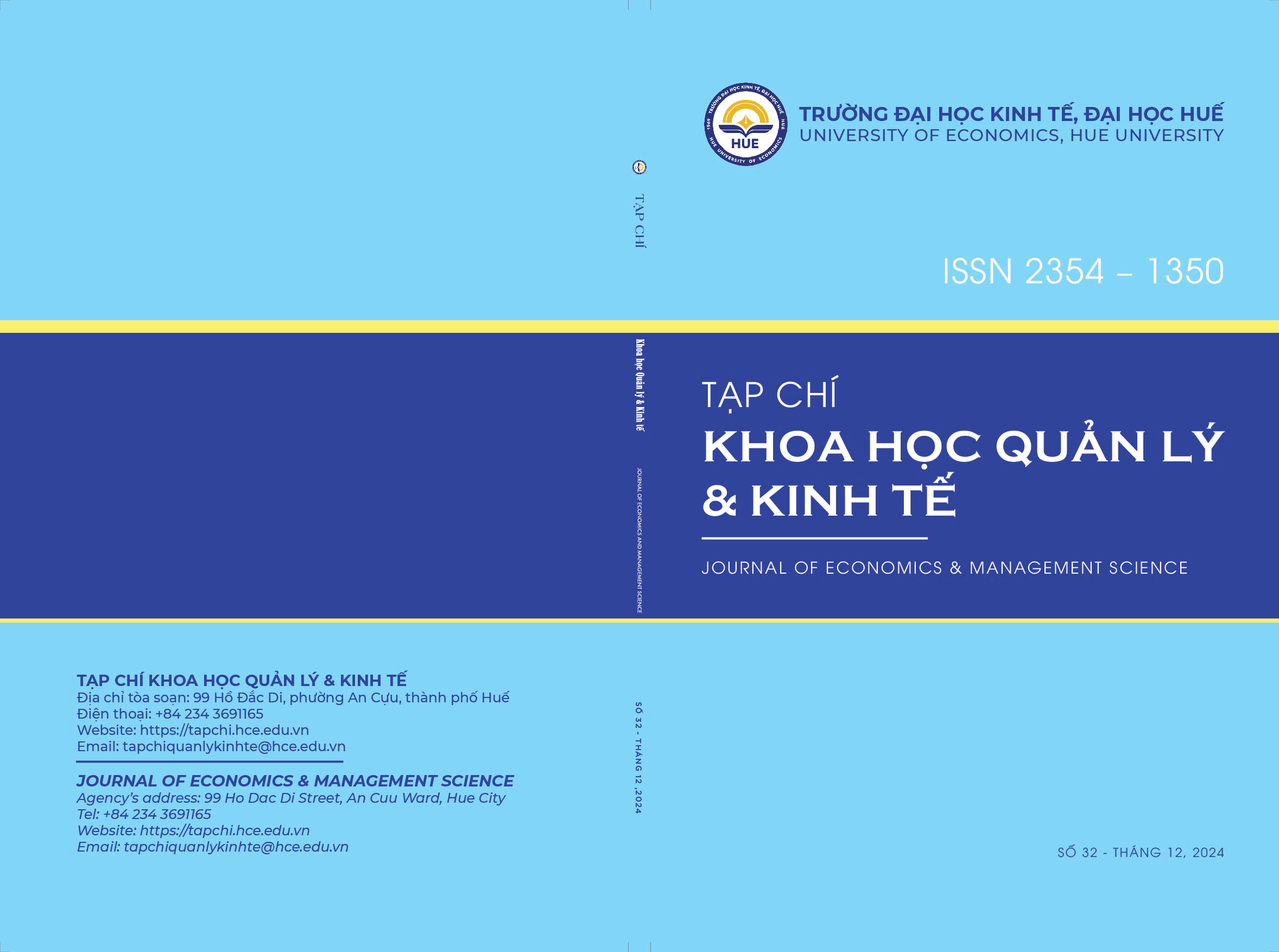##plugins.themes.huaf_theme.article.main##
Abstract
This research examines the influence of the PCI index and its constituent components on non-state capital in Thua Thien Hue during the period 2007–2022, employing the autoregressive distributed lag (ARDL) methodology. The findings indicate that the PCI, transparency, informal costs, and dynamism exert positive effects on short-term investment capital. However, these impacts become negative in the long term, with informal costs demonstrating particularly adverse effects on investment capital. The instability of PCI, PCI component indices, and limited high-quality human resources are major barriers, while long-term economic growth supports investment capital. The volatility of the PCI and its components, coupled with limited high-quality human resources, poses significant challenges, while sustained economic growth facilitates investment capital. The study underscores the significance of the PCI in evaluating investment risks and advocates for reforms in administrative procedures, enhancements in labor quality, and support for business innovation to attract sustainable investment.

